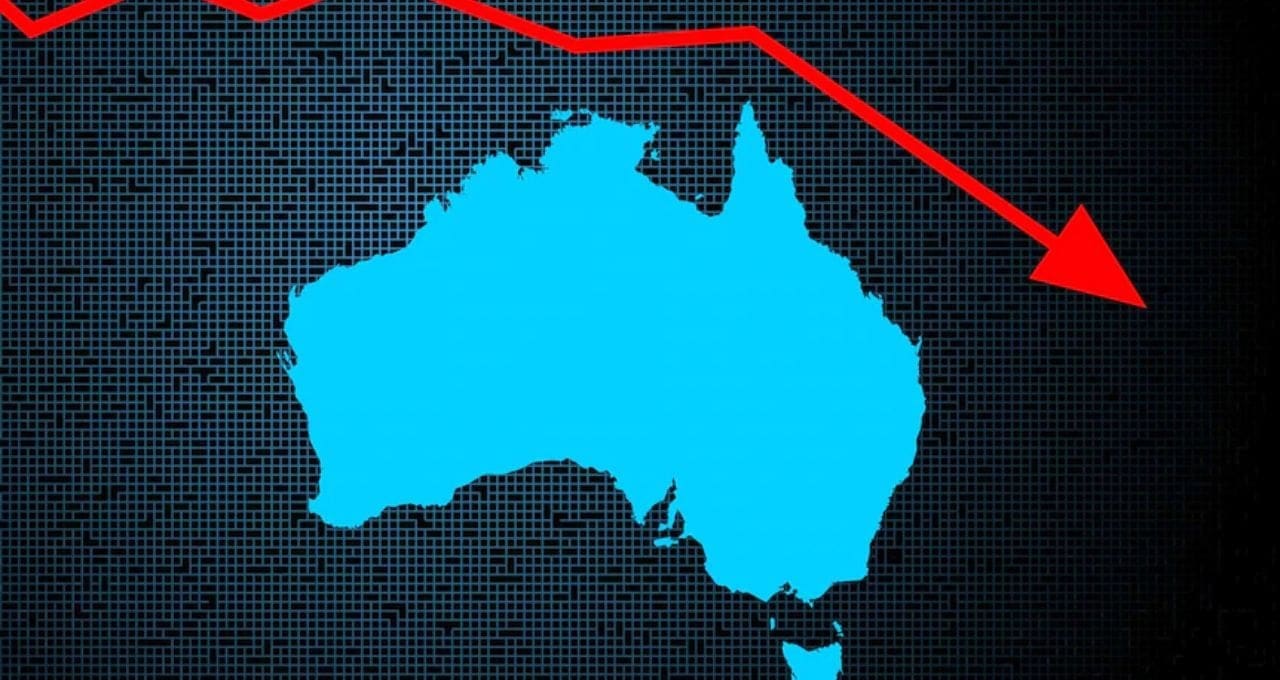According to the Commonwealth Bank of Australia, economic growth in Australia will continue to decelerate until 2023 as a result of higher interest rates intended to fight inflation, but the nation may avoid a recession (CBA).
According to the CBA’s economic estimate, growth in gross domestic product (GDP) is anticipated to be 1.1% this calendar year, considerably less than the 5.2% in 2021 and the 3.6% in 2018, when the nation started to recover from the COVID-19 pandemic’s economic and social effects.
In order to battle inflation, the Reserve Bank of Australia (RBA), which has increased interest rates significantly since May 2022, anticipates GDP growth to be somewhat higher than CBA’s projections at 2.25 percent. In Australia, there was a first As the economy shrank by 1.8% in 2020 as a result of the pandemic’s first year, it marked the first recession in three decades. Since then, economic growth has recovered thanks to monetary and fiscal stimulus, the loosening of constraints, and a rise in company investment and consumer expenditure.
But the Reserve Bank has sharply increased interest rates over the past nine months from 0.1 percent to 3.35 percent in response to the return of inflation, which is being driven by a combination of domestic and international factors such as supply chain pressures, higher energy prices, and a tight labour market.
While the most recent round of inflation is believed to have peaked at 7.8% in the quarter ending in December 2022, the current The consequences of the price increases are not anticipated to halt until this year’s end, and they won’t begin to return to the RBA’s target range of 2-3% until 2024.The RBA hinted last week that a further increase in the official cash rate might be necessary to reach that goal. The CBA now anticipates that the central bank will raise interest rates to 3.85 percent with increases of 0.25 percent in March and 0.25 percent in April, respectively, before stopping to assess the full impact on consumer and business spending.
In order to assist prevent the possibility of a recession, CBA’s analysts anticipate that the RBA will have to lower interest rates in the fourth quarter of this calendar year. is usually referred to as a “economic hard landing.”
On the good side, though, exports and non-mining investment are still holding up well, and current and future growth will continue to be supported by low rates of unemployment, low levels of underemployment, and high participation rates. A quicker return in net overseas migration should also lessen the strains of a tight labour market.

